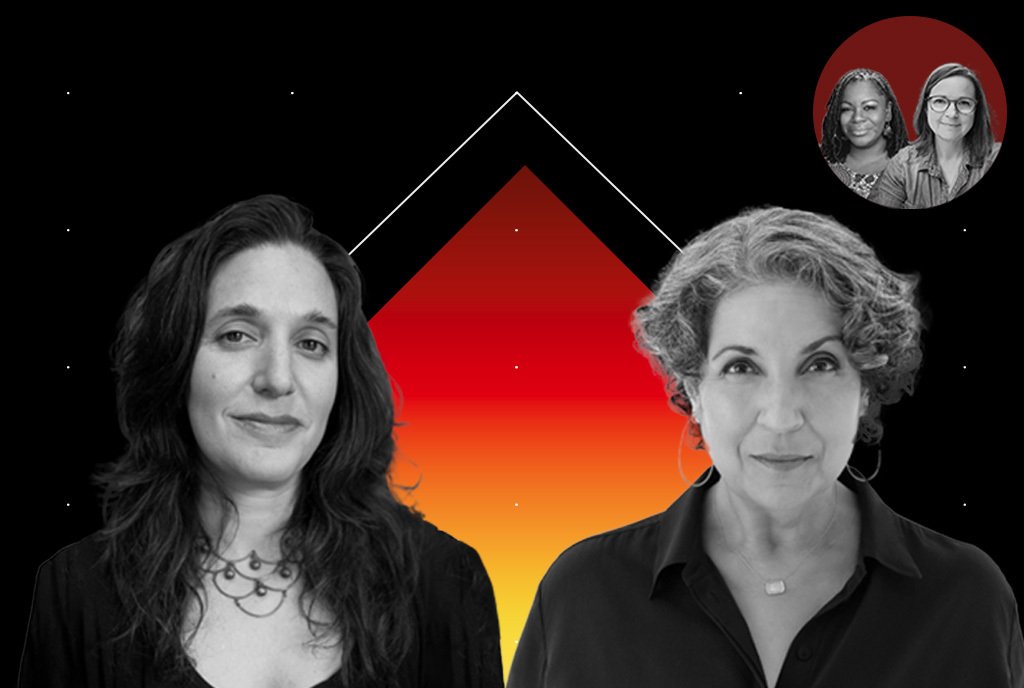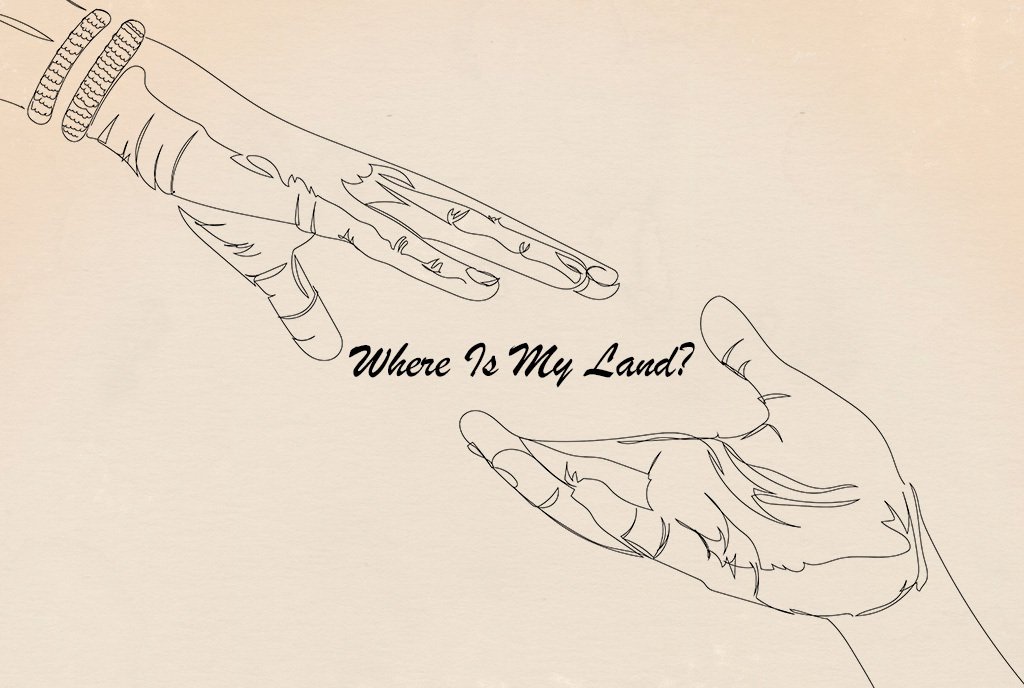March 24, 2016; Wealth-X
The results of a recent survey of approximately 400 of the world’s leading private bankers and wealth advisors, managing (collectively) more than $500 billion in assets for about 45,000 ultra-high net worth individuals (UHNWIs), reveal some interesting points about philanthropy in those circles. Of course, the reported “attitudes” are based on secondhand information, so take it for what it is worth.
The report finds that 67 percent of those who took part in the survey said their clients’ philanthropy had increased over the past decade, and 80 percent projected that it would further increase in the coming decade. A mere two percent predicted that philanthropic activity among the ultra-rich would decrease over the coming decade.
Sign up for our free newsletters
Subscribe to NPQ's newsletters to have our top stories delivered directly to your inbox.
By signing up, you agree to our privacy policy and terms of use, and to receive messages from NPQ and our partners.
In terms of motivations for all of that activity, personal fulfillment was cited by slightly more than half (52 percent), closely followed by “a sense of purpose,” selected by 51 percent of participants, and “a sense of duty or responsibility” (48 percent). Rounding out the list, for all of those who continue to beat the impact drum, is “to make an impact on others” (36 percent), and that is followed closely by “to be remembered or to leave a legacy (36 percent) and “tax relief” (36 percent).
The regions with UHNWIs most concerned about “sense of duty or responsibility” in giving were Europe (60 percent) and North America (68 percent), compared to the global average (48 percent). North American UHNWIs are more likely to participate in philanthropy because it ties into their social activities, as cited by 42 percent of respondents in the region versus 23 percent globally. In the Middle East, the third most popular motivation for giving was religious beliefs (41 percent)—the highest value placed on that driver by any region. For respondents in Latin America, 25 percent said that the increased availability of advice on effective philanthropy was a key incentive for their clients, compared to the global average of 13 percent.
By the way, there is a great section on income inequality in the reports and a bunch about the details of luxury spending habits for balance.—Ruth McCambridge












